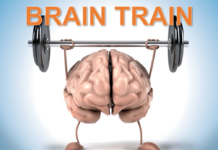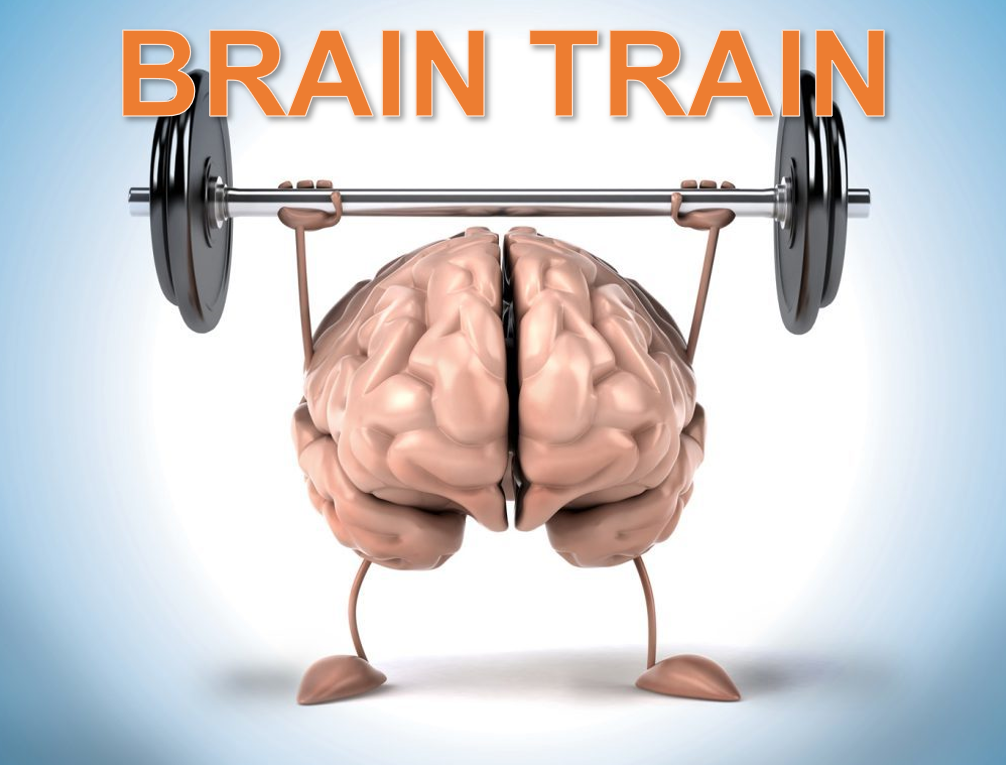Exercise is crucial to mental health. And we’re not talking about memory exercises, though those are good too. We mean weight-lifting and cardio. Again and again, studies have demonstrated the positive effects of physical workouts on mental health: cognition, memory, mood, and the suppression of depression and anxiety. The Barbell investigates the connection between the body and the brain, how training your muscles, nerves, and cardiovascular system can dramatically improve your mental well-being.
STRONGER MUSCLES, STRONGER BRAIN
There have been numerous studies on the beneficial effects of aerobic exercise on memory and cognition. Such activity increases new brain neutrons and reduces inflammation, which can lead to dementia. One study zeroed in what’s happening in the brain during the exercise equivalent of a weekly game of pickup basketball or a two-mile run. Scientists discovered a particular gene, activated by exercise, promotes an increase in synapses in the hippocampus (the area of the brain with a major role in learning and memory). In effect, the study concluded that an acute burst of aerobic exercise is enough to prime the brain for learning.

There have been far fewer studies on weight-training and brain health. However, a rodent study sought to explore just that link. Wait, so rats workout with weights? Let’s just say it involved weighted pellets, ladders, and Froot Loops. The important thing is the conclusion. In comparison to two control groups, the memory centers of the weight-trainer brains teemed with enzymes and genetic markers known to help generate new neurons. The brains of the “gym rats” were rebuilding, just at their muscles were. More research is needed, and with humans. “Psychological health is so uniquely human that it can be hard to make a good jump from animal models,” says exercise psychologist Jacob Meyer, PhD. Still, this is more scientific encouragement for humans to lift weights.
EXERCISE FOR MENTAL AND EMOTIONAL HEALTH
There’s strong evidence for the mental benefits of exercise in battling depression. A meta-study of 23 clinical trials testing exercise as a depression treatment showed exercise was clearly effective, and, in some studies, on par with antidepressant drugs. And exercise offers advantages over drugs. Antidepressant medications generally take weeks or months to show their full effect, but exercise can improve a person’s mood almost immediately, making it a valuable supplement to drugs and treatment. Also, exercise can counteract some of the side effects of antidepressants, such as weight gain. “Many people who have mental health concerns are not enthusiastic about starting a medication for the rest of their lives and are interested in pursuing other options. Exercise might be one of those options,” says Dr. Meyer.
In fact, exercise is one of the most exciting areas of mental health treatment. A growing body of emerging evidence suggests it may have multiple applications, such as treating or avoiding anxiety disorders, including post-traumatic stress disorder (PTSD), and possibly other serious psychotic conditions.
HOW EXERCISE AFFECTS THE BRAIN
How hard a person can workout is only weakly associated with psychological health, so, bragging rights aside, the fact that you can lift more or run longer than your training partner doesn’t signify improved brain function. Something else must be going on. There’s the gene mentioned previously. There’s also a protein called brain-derived neurotrophic factor (BDNF). BDNF is one of the key molecules that encourage the growth of new brain cells—including, possibly, in the hippocampus. The hippocampus tends to be smaller or distorted in people with depression, anxiety and schizophrenia, so boosting BDNF (as antidepressant drugs do) through exercise may be one way working out helps people manage these conditions.
Experts agree exercise almost certainly has other effects on the brain. For one thing, exercise stimulates the release of endocannabinoids, molecules that are important in modifying the connections between brain cells—the mechanism that underlies learning.
And physical activity also moderates the body’s response to stress and reduces inflammation, both of which could help improve brain health.
EXERCISE AND A POSITIVE MINDSET
But changing the structure of the brain isn’t the only way physical activity can be beneficial for those suffering from mental issues. The habit of exercise itself can help by altering thought patterns. Simply doing some physical activity can occupy a person’s attention and keep them from ruminating on problems. To this end, one survey of published literature found that placebo exercise (mere gentle stretching) had almost half the positive effect on mental health as strenuous exercise.

Besides just occupying the mind, regular workouts also give exercisers a clear sense of progress as their strength and fitness improve. This may be especially notable in weight-training, where people can make easily measurable gains (one more rep than last time), and it can help offset some of the emotional burdens of depression and anxiety. And relatively strenuous exercise teaches people to put up with short-term discomfort for long-term gain, a useful skill for people with mental health issues.
EXERCISE AND MENTAL HEALTH: CONCLUSION
Exercise certainly isn’t a mental health panacea. But research has proven it can improve your brain function as well as your body function, boosting memory and cognition. It can raise your self-worth and help you ward off depression and anxiety. Negative thoughts can be thwarted by the positive habit of working out. Train your brain by training your body.

















































